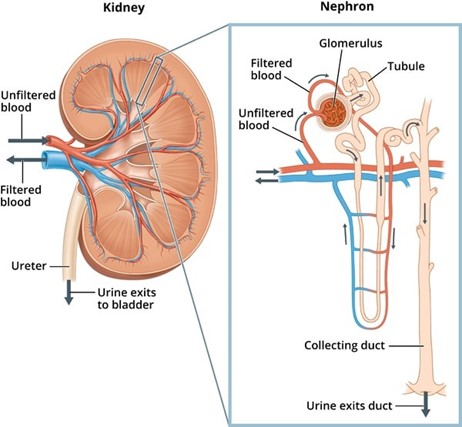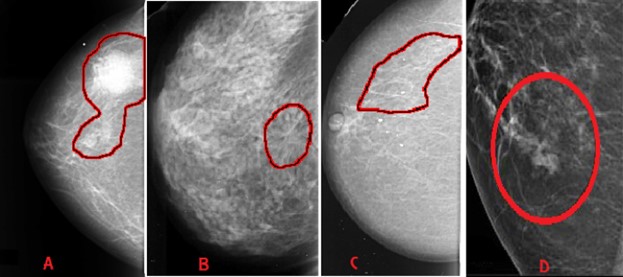A client has a history of dislocations of the same joint. The nurse understands that this is most likely due to an insufficient deposit of collagen during the healing process leading to which of the following?
Reduced tensile strength.
Loss of function.
Lack of mobility.
Allergic reaction.
The Correct Answer is A
Reduced tensile strength. A history of dislocations of the same joint may be due to an insufficient deposit of collagen during the healing process. Collagen is a protein that provides tensile strength to connective tissues such as tendons and ligaments. Reduced tensile strength may result in instability and dislocation of joints.
Option B: Loss of function is not a correct answer as it is a general term and can occur due to various reasons such as damage to muscles or nerves.
Option C: Lack of mobility is not a correct answer as it is similar to loss of function and does not explain the history of dislocations.
Option D: Allergic reaction is not a correct answer as it is not related to dislocations of joints.
Nursing Test Bank
Naxlex Comprehensive Predictor Exams
Related Questions
Correct Answer is {"dropdown-group-1":"C"}
Explanation
The correct answer is nephron. The nephron is the smallest structure in the kidneys that forms urine, and it is composed of the renal corpuscle and the renal tubule.

Correct Answer is B
Explanation
. A biopsy is a procedure in which a sample of tissue is removed from the suspicious area and examined under a microscope to determine if the lump is cancerous or benign. An ultrasound uses sound waves to create an image of the breast tissue and is often used to evaluate the lump further. A clinical breast exam is a physical examination of the breast by a healthcare provider. Magnetic resonance imaging (MRI) may be used to obtain additional information about the lump, but it is not the primary diagnostic test.

Whether you are a student looking to ace your exams or a practicing nurse seeking to enhance your expertise , our nursing education contents will empower you with the confidence and competence to make a difference in the lives of patients and become a respected leader in the healthcare field.
Visit Naxlex, invest in your future and unlock endless possibilities with our unparalleled nursing education contents today
Report Wrong Answer on the Current Question
Do you disagree with the answer? If yes, what is your expected answer? Explain.
Kindly be descriptive with the issue you are facing.
